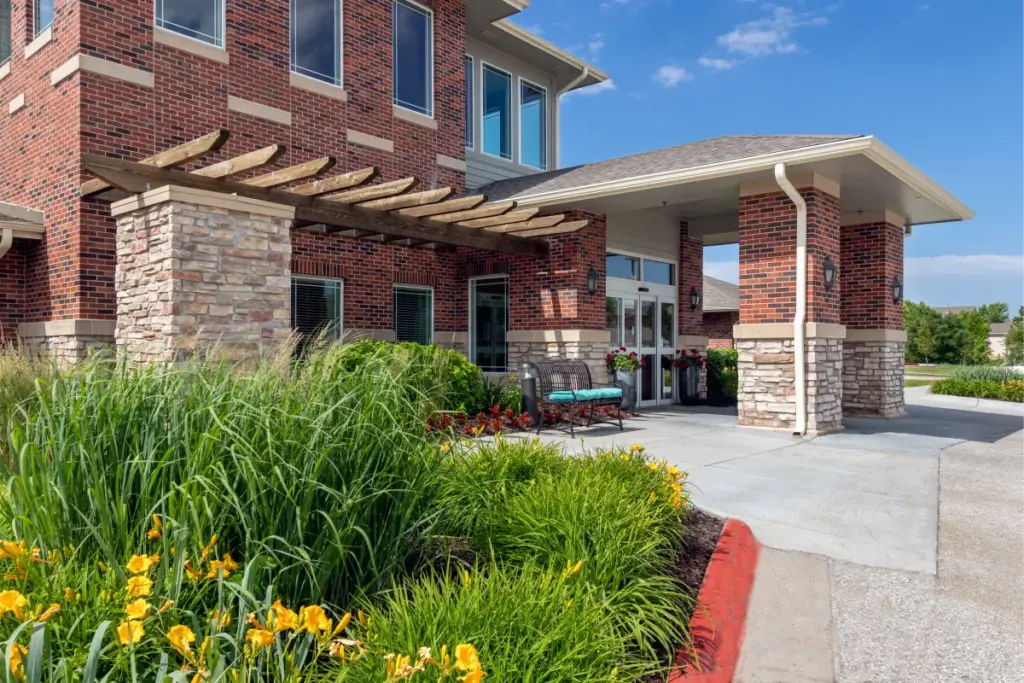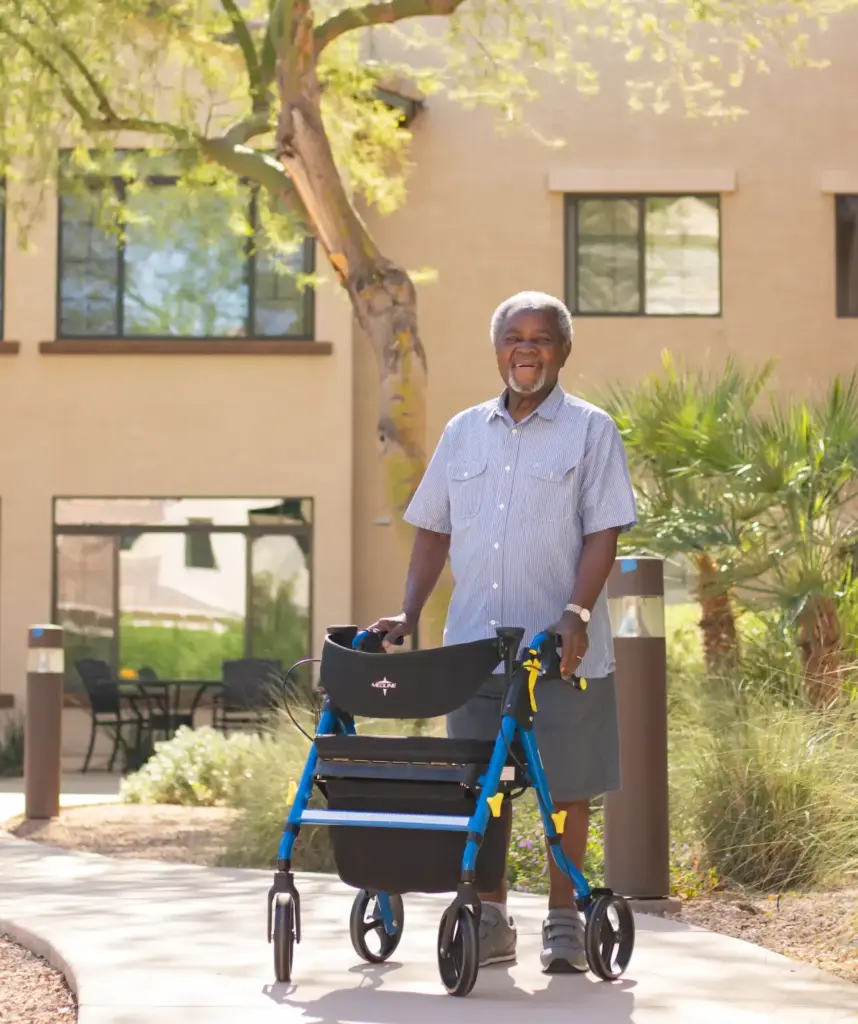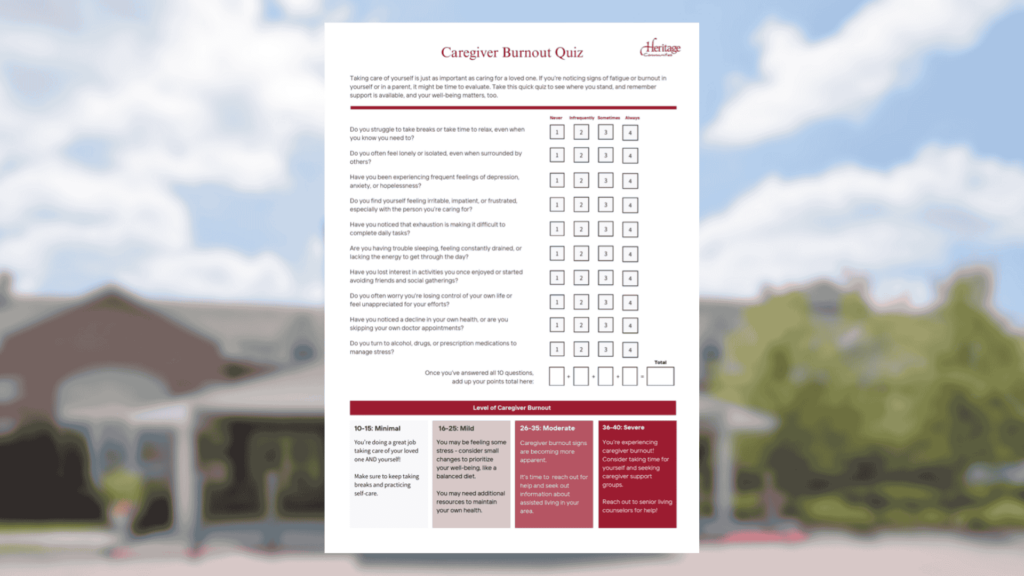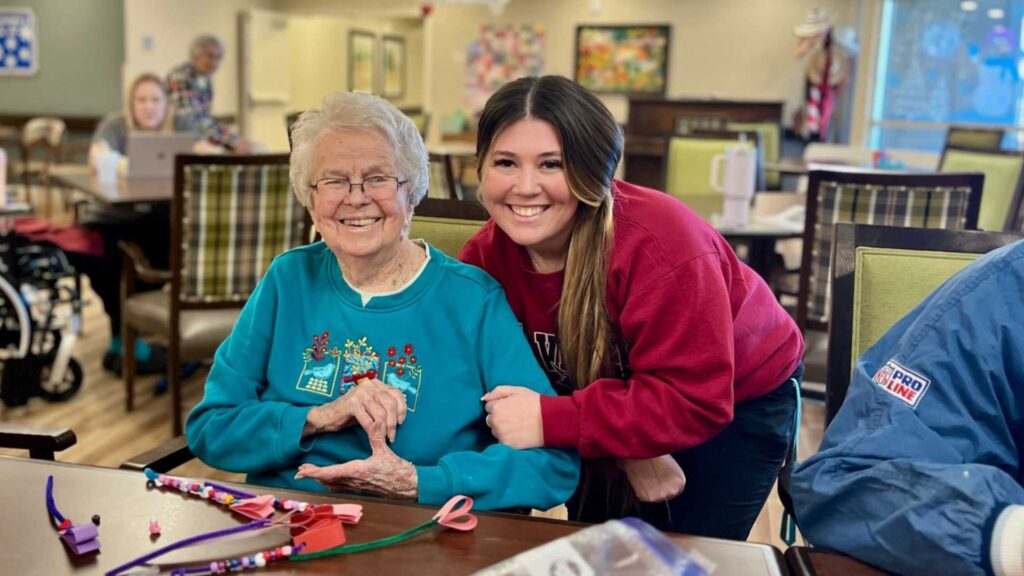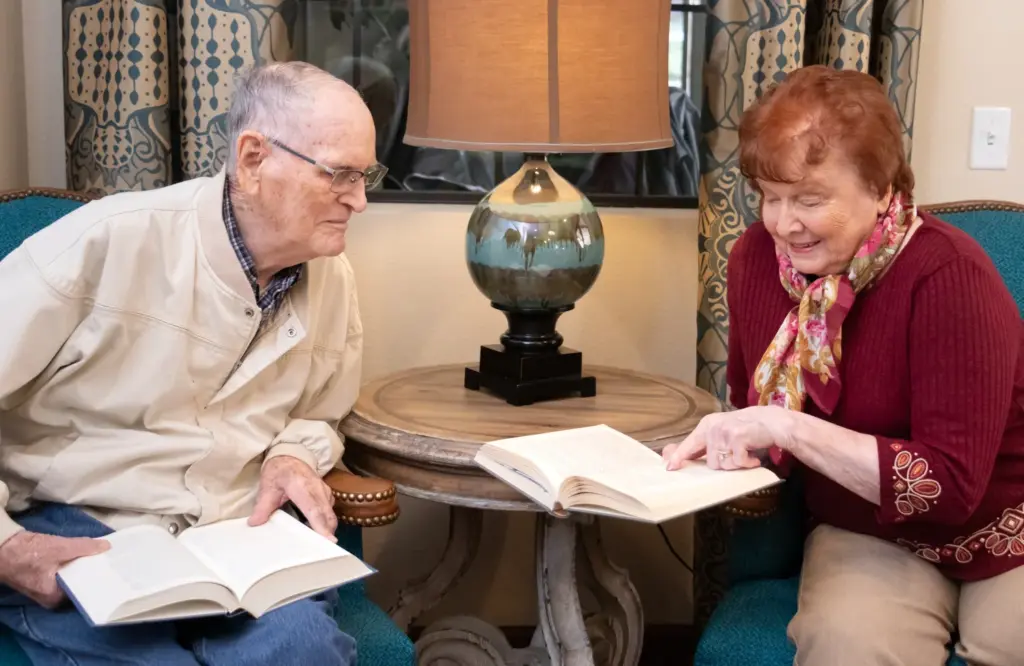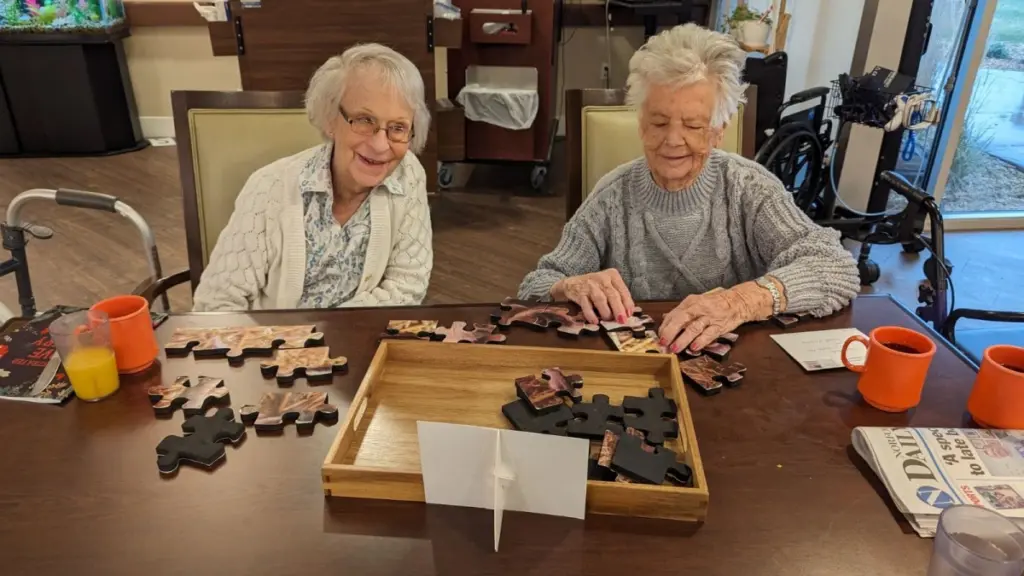How to Know When It’s Time for Assisted Living
In a unique reversal of roles, adult children often feel the responsibility for making sure their parents are well cared for as they grow older. We all want what is best for our family elders, from a safe place to call home to a lifestyle that gives the senior freedom to enjoy themselves. Sometimes that means...
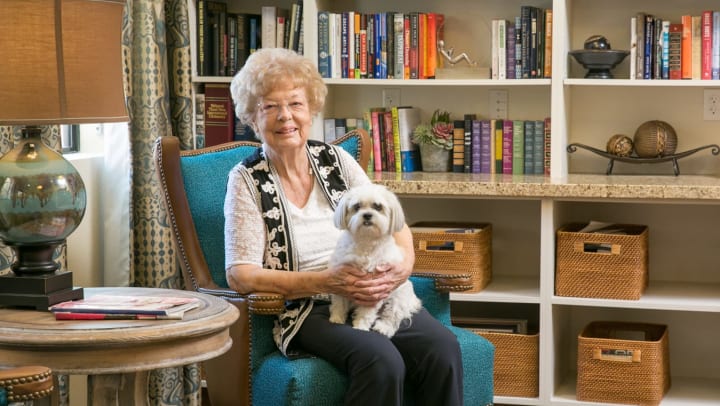
In a unique reversal of roles, adult children often feel the responsibility for making sure their parents are well cared for as they grow older. We all want what is best for our family elders, from a safe place to call home to a lifestyle that gives the senior freedom to enjoy themselves. Sometimes that means helping an elder remain in their own house, and other times it requires making a transition to a senior living community.
This generation of seniors is known for being fiercely independent. Many are reluctant to admit they are struggling and need extra help, and those that do ask for assistance have hesitancy about cost. Like most of us, older adults usually want to be self-reliant for as long as possible. Accepting that the time for assisted living has arrived might not be easy for a senior to do. That’s why waiting for a loved one to ask for help, especially if the solution requires a move, can delay getting them the care they need.
If a parent or family elder doesn’t ask for assistance, how can you tell when they need it? How can you objectively evaluate your family member’s circumstances? We have a checklist of warning signs for you to look for when you are together next.
Is It Time for Assisted Living?
The Physical Signs Your Loved One Might Be Ready for Assisted Living
There are often telltale signs that indicate an older adult is struggling and in need of a change, including:
- Messiness in a once-tidy house, such as dirty dishes piled up in the sink, clutter, overflowing trash, and a general lack of cleanliness
- The frequent smell of unpleasant odors in the home, especially in the kitchen
- Home’s exterior or yard looking unkempt and possibly in need of repairs
- Stacks of unopened mail on the counter or desk, or possibly even left in the mailbox
- Scratches or holes in the walls, which are often a sign of mobility problems or balance issues
- Change in personal appearance, such as untidy clothing, disheveled hair, or body odor
- Unexplained bruises or scratches, which can be a concerning indicator of physical struggles, especially falls
- Noticeable and unintended weight loss or gain, which can signal nutrition problems, difficulty preparing meals, or depression
The Mental and Emotional Signs Your Loved One Might Be Ready for Assisted Living
Another set of warning signs that may indicate a senior’s cognitive function or emotional wellness may be declining include:
- Persistent forgetfulness, especially an inability to recall appointments or activities they missed later in the day
- Confusion about time or difficulty staying oriented to the present day and time
- Noticeable difference in sleep pattern, such as sleeping too little or too much
- Change in disposition, especially if they are quick to anger or seem paranoid about the intent of friends and family members
- Agitation or restlessness later in the day, which may be evidence of a condition called sundowner’s syndrome, a behavior caused by Alzheimer’s disease
- Withdrawing from favorite hobbies and social groups, which can signal that the older adult feels something is wrong and has started self-isolating
A person with early-stage Alzheimer’s or another form of dementia will usually benefit from the safe, structured environment of a memory care community.
A Variety of Care Solutions on One Campus
If your senior loved one is experiencing more than a few of the warning signs listed above, it’s likely time for assisted living or possibly even memory care. One solution to consider is a senior living community that provides a continuum of care on one campus.
Heritage Communities offers a range of options—from home care to independent and assisted living, memory care, and respite services for older adults—in Nebraska, Iowa, and Arizona. We encourage you to call the Heritage Communities location nearest you to learn more! Or, download our “Should You Stay or Should You Go?” guide. It’s a free guide to help you decide whether you should stay in your current home or make a move to a senior living community.

